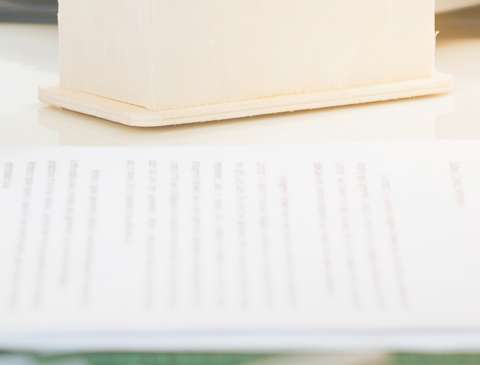Freehold vs Leasehold
What do the terms mean when it comes to property?

To the average person, the terms ‘freehold’ and ‘leasehold’ may appear to be a bit of a mystery if you’ve never come across them before.
But, if you’re buying a property, it’s important that you know what they mean.
What does ‘freehold’ mean?
If you’re a ‘freeholder’ of a property, it means that you own it outright – and importantly - that also means that the land it’s built on is included; ‘in perpetuity’.
If you buy a freehold, it will be in your name in the land registry, and as owning the ‘title absolute’.
Detached and semi-detached houses tend to be freehold properties, but there are some houses which may be leasehold – for example, because they were available for sale through a shared-ownership housing scheme.

The benefits of buying a freehold property
- Not needing to worry about the lease running out
- Having full responsibility and control for the maintaining the building
- Not having to rely on others to maintain your building, as a result, and you won’t have to pay property maintenance charges
- Not needing to deal with a landlord
- Not needing to pay any money into a ‘sinking fund’ – a communal pot which exists to help cover any unexpected maintenance work that might be needed in the future
- Not needing to pay ground rent charges every year
What does ‘leasehold’ mean?
This means that you own the property, but not the land it sits on. For that, you will have a contract with the freeholder where the number of years you can use the home is stipulated. It will also include details on legal rights and responsibilities of both parties.
Examples of responsibilities of both parties:
Leaseholder: This party normally pays an annual ground rent charge to the freeholder and can be subject to certain conditions such as not sub-letting and not keeping pets, for example.
If you wanted to make any major changes or adaptations to your property, you would have to obtain proper permissions from the freeholder first.
You would also need to pay annual service charges for any communal area/building maintenance costs (sometimes the maintenance is carried out by a managing agent), annual service charges and possibly a share of the overall building’s insurance.
Freeholder: Normally responsible for keeping and maintaining any communal parts of the building, such as hallways, communal garden, ceilings and roofs.
Usually, lease lengths are quite long-term, often ranging between 90 to hundreds of years! They can also be far shorter than this, for example 40 or 50 years.
Technically, when the lease ends, ownership returns to the freeholder – that is unless you can arrange an extension for the lease.
Most flats and maisonettes are owned leasehold (apart from in Scotland, where leaseholds are less common).
If you want to go ahead an buy a leasehold property, bear in mind that you’ll be taking over the lease from the soon-to-be previous owner. Because of this, make sure you check the following information before you make your offer:
- How many years are left on the lease? And is this length a factor affecting any long-term future plans?
- Can you afford to pay the projected annual charges and any related costs?
Also remember that, if the lease is for less than 70 or 80 years, you might find it difficult to get a mortgage. Lenders will normally require the lease to run for around 30 years beyond your mortgage length.
Another drawback is that it can be difficult to sell a property if the lease is for less than 80 years.
You can ask the landlord to extend the lease at any time, but the freeholder will charge for extending the lease. The amount you pay will depend on the value of the property.










